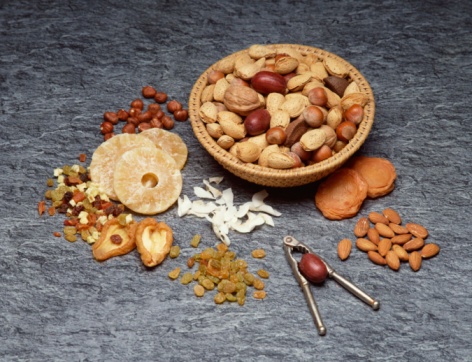Tu B’Shevat (Hebrew: ט״ו בשבט) is a minor Jewish holiday, usually occurring in late January or early February, that marks the “New Year of the Trees” .Tu B’Shevat is one of four “New Years” mentioned in the Mishnah. Customs include planting trees and eating dried fruits and nuts, especially figs, dates, raisins, carob, and almonds. In Israel the flowering of the almond tree, which grows wild around the country, coincides with Tu B’Shevat.
Tu B’Shevat is celebrated on the 15th day of the Jewish month of Shevat.
We mark the day of Tu B’Shevat by eating fruit, particularly from the kinds that are singled out by the Torah in its praise of the bounty of the Holy Land: grapes, figs, pomegranates, olives and dates. On this day, we remember that “Man is a tree of the field” (Deuteronomy 20:19) and reflect on the lessons we can derive from our botanical analogue.

Tu Bishvat also appears in the Talmud in Tractate Rosh Hashanah as one of the four new years in the Jewish calendar. In the last few years in Israel, Tu Bishvat became a day that the pupils learn and discuss about Ecology and they are also getting their report cards.
Credits:







 Available on WhatsApp
Available on WhatsApp
Join the conversation (No comments yet)